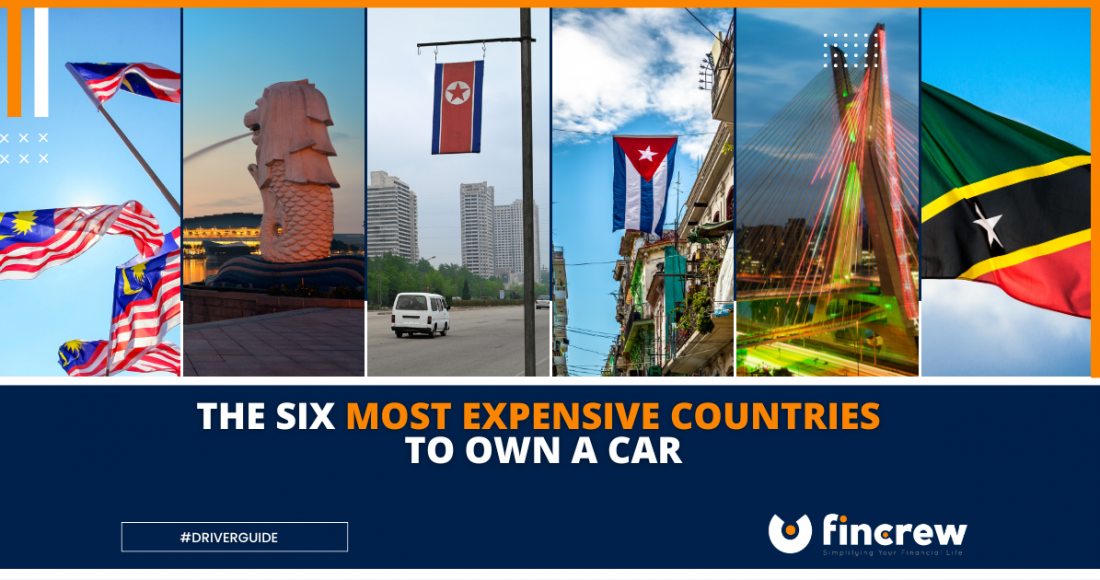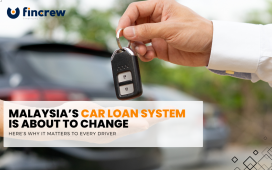Buying a car is a costly endeavor, which explains why many people complain about the cost. Desired vehicles, in particular, are often quite expensive. The uncertain economic climate exacerbates the problem we’re in right now. In Malaysia, motoring is not for the faint of heart – especially if you’re into brand new cars. The further problem is that the country imposes some of the highest road taxes on automobiles globally. Recent car sales and parts sales for motor vehicles contribute the most to collecting import and excise duties. Then again, is Malaysia the most expensive country for buying and operating a car? Continue reading to find out.
Most Expensive Countries To Own a Car
Cuba
There have been many positive changes in Cuba, at least on paper. Before 2011, it was nearly impossible to buy or sell. The island has been opened up to car manufacturers due to a tentative deregulation plan. Many popular brands and cars are available today, making it theoretically possible to buy and own one. Cuba has, unfortunately, remained an expensive country for automobile ownership. The second-hand market remains unaffected by the liberation, so many drivers cannot afford to buy used cars. The high cost of most cars is due to centralized price-setting and various taxes.
Kitts and Nevis
No doubt that this is a beautiful paradise on earth. As far as cars are concerned, St. Kitts and Nevis are more like a private hell. The costs of taxes are staggeringly high, making buying a car here one of the most expensive options. Perhaps only one positive aspect of this situation is that the island is tiny. Motorbikes and bicycles may be sufficient for your purposes.
Brazil
Car prices are ridiculously high in Brazil because of high taxes, high labor costs, and limited raw material supplies. You might end up doing some window shopping for a Brazilian-made car, like a locally manufactured Volkswagen. Many people consider importing cars because the available selection is poor. However, importing a vehicle can result in you being charged up to 100 percent of its value! There is also a lot of paperwork needed with autos, and fuel is heavily taxed!
North Korea
It is unlikely that many will or plan to buy a car in North Korea, but we would certainly have our hands full if we did. It may be possible for some government officials to get their hands on a Merc-copied Pyongyang 4.10, but others may not be so lucky. The purchasers of older Russian Volgas might find themselves dismayed to discover that their parts have not been imported in more than 20 years. You may want to take precautions if you own an automobile made outside of the country. Kim Jong Il reportedly got stuck behind a Japanese car in a traffic jam and ordered all Japanese vehicles to be confiscated at the time.
Malaysia
In Malaysia, car import policies protect home-grown automakers, particularly Proton. It is considered luxurious to drive a Toyota Camry or Honda Accord in this country. Malaysia has a unique situation when it comes to car prices. Here, even the most standard models sell at luxury car prices, making Malaysia the second most expensive country for car buyers. Even the least affluent Malaysians can afford to drive a Proton, which is not prohibitively expensive to own.
Singapore
Almost everyone knows that Singapore leads the list of the most expensive countries to buy a car. The truth is: Only 15% of Singaporeans can afford a car. Some car prices here are insane, such as the $135,988.00 Toyota Corolla, almost identical to the price of a new Scion FR-S. Even a Volkswagen Golf costs around $90,000 here. Those vehicles sell for about a third of that price in the UK. Cars in Singapore are so expensive because of their small size and dense population. Several measures have been set by the government of Singapore to regulate car ownership and use due to fears that there will be traffic jams if there are too many vehicles.
The Land Transport Department also imposes a Certificate of Entitlement (COE), quotas for transport, road taxes, and electronic road charges, in addition to mandatory registration of vehicles. Despite Singapore’s expensive car ownership, the country’s public transportation system is among the world’s best. The bottom line is that car ownership isn’t always necessary, even for high-ranking executives.





